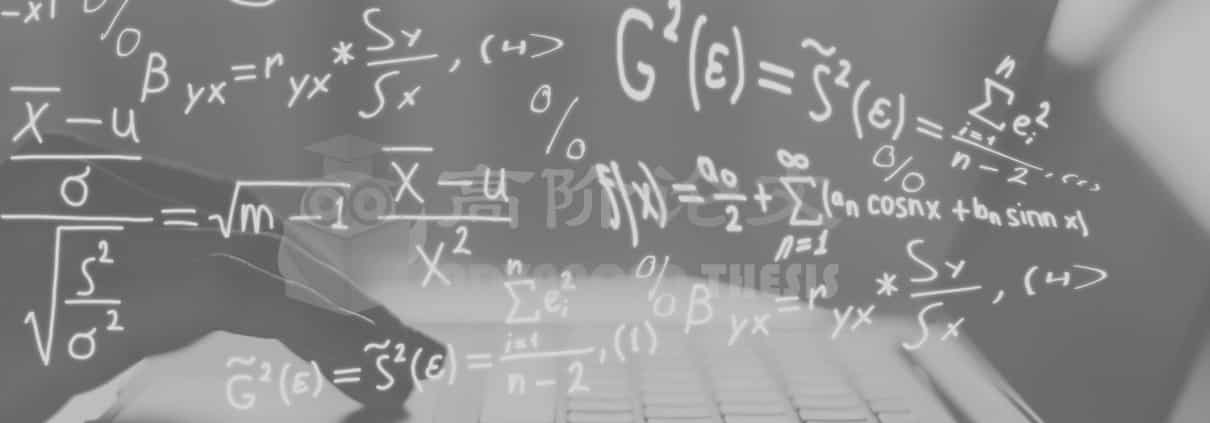論文代寫 推薦:紀律和法律
論文代寫 推薦:紀律和法律
人類世界不同的身體體驗在生活方式和思維過程中產生了不同的變化。對於一個管理良好的社會,社會可接受的做法將會出現。這些實踐也被稱為紀律和法律,是指導人類行為的。在藝術創作過程中,出於時間和空間的利益,學科權力也需要製定一個有效的、富有成效的策略。根據福柯對學科起源的闡釋,西方古典時代將人體作為權力的客體和容器。它很容易理解最高秩序或公式。通過操縱,就有可能以這種方式訓練人體,使其服從命令、掌握技能等等。社會可接受的做法、規則和紀律作為受管制社會存在的一部分被應用於人體。作為權力中心的人體在許多國家是一個公認的概念。對人體施加的限制是由於這些文化中存在於各個民族的信仰這些信仰後來被稱為對人體的訓練。 “這些方法可以對人體的活動進行細緻的控制,保證其力量的不斷服從,並使之成為順從與實用的關係,這些方法可以稱為’紀律’”(福柯,1975年,第137頁) 。
以東亞為例,早在一千多年前,不同的“學科”設置就開始進入人類生活,至今仍影響著現代社會。許多古老的智慧和規則直接或間接地影響著人們的行為,比如吃、動、說、甚至思考。以儒家典籍《禮記》為例。它指出,屬於不同社會階層或身份的人應該遵守他們所獨有的社會和文化規則。領導者必須表現得像個領導者,下屬也必須表現得像個下屬,同樣地,對丈夫、妻子、孩子等等也有規定。因此,儒家思想的核心問題之一(體現了一個秩序井然的世界和個人的紀律行為),多年來一直由東方社會的主權和氛圍的塑造而呈現出來。除了儒家的學科力量外,道教和禪宗對藝術規律的探索也是本研究的主要動機。
論文代寫 推薦:紀律和法律
Different bodily experiences of the human world create different variations in lifestyle and the thought process. For a well-regulated society, socially acceptable practices would come into existence. Also called as disciplines and law, these practices are what guides the human behavior. In the interest of time and space, disciplinary power is also necessaryto formulate an efficient and productive strategy in the process of artwork creation. According to Michel Foucault’s interpretation of the genesis of discipline, the Western classical age presented the human body as an object and a container of power. It could easily comprehend the supreme order or formula. By means of manipulation it is possible for training the human body in such ways to command its obedience, skills and more. Socially acceptable practices, rules and discipline come to be applied on the human body as part of existence in the regulated society. The human body as the center of power was an accepted notion in many countries. The restrictions that were placed on the human body was because of these culture based beliefs that existed in nations and that which came to be called as the disciplining of the human body. “The methods, which made possible the meticulous control of the operations of the body, which assured the constant subjection of its forces and imposed upon them a relation of docility-utility, might be called ‘disciplines’” (Foucault, 1975, p.137).
Consider East Asia,where as much as a thousand years ago, the different settings of ‘disciplines’were initiated into human life and still influences the modern society. Many ancient wisdom and rules directly and indirectly influence people’s behaviors, such aseating, moving, talking, or even thinking. Consider the typical Confucian classic of rites as an example. It states that people who belong to different social classes or identities should obey societal and cultural rules which are exclusive to them. A leader has to behave as a leader and a subordinate has to behave as a subordinate, and in similar ways there are rules for the husband, the wife, the children, and more.As a result, one of the core concerns in Confucianism, (which is embodying a well-regulatedworld with the disciplinarybehaviours of individuals), has been successively presented by the sovereignty and modelling of the atmosphere in Oriental society for years.In addition to the disciplinary power of Confucianism, the exploration ofrules in art as can be summarized by Taoism and Zen is a primary motivation for this research work.








